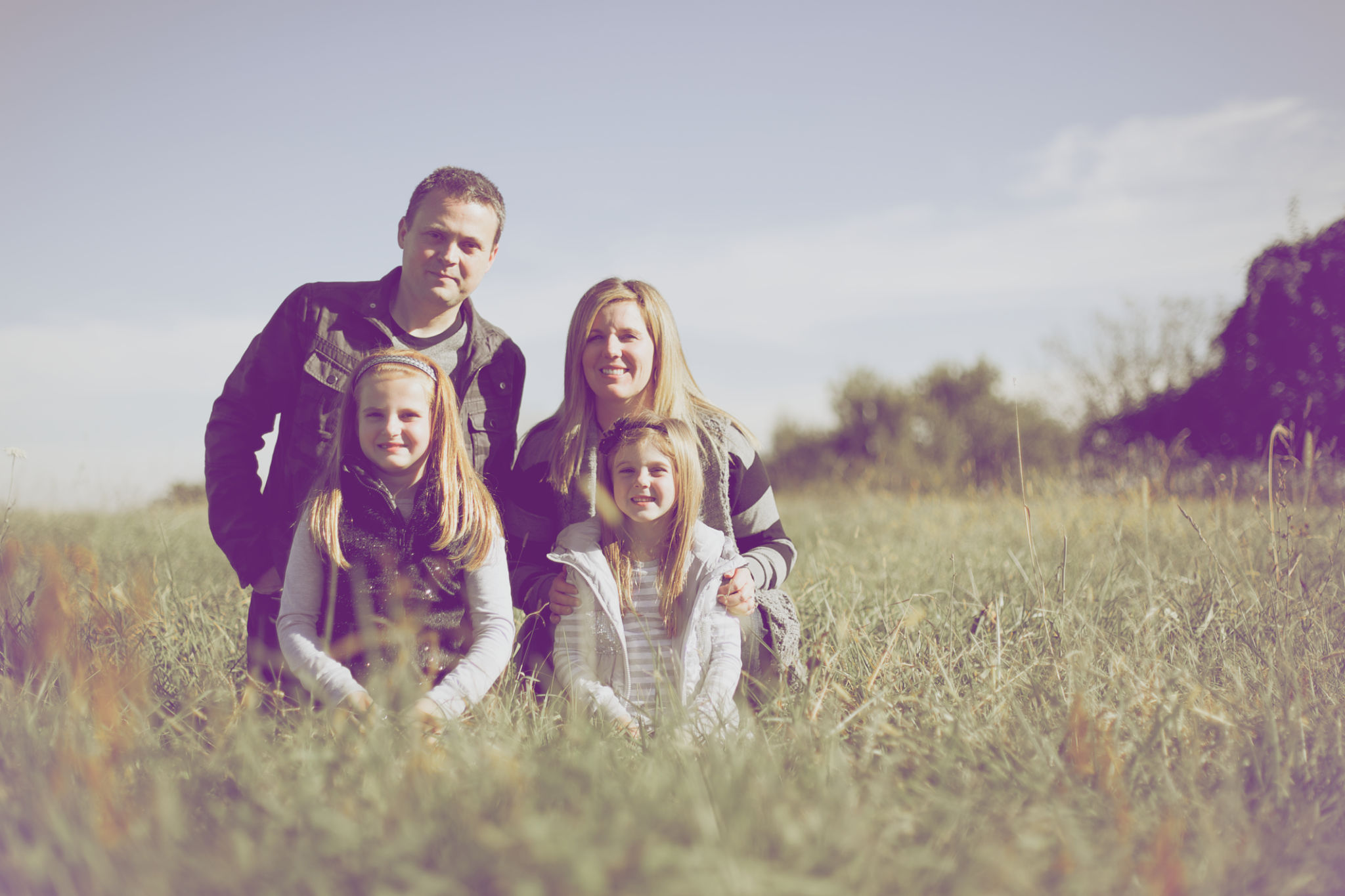When Troth and Loyalty Are Broken: The Pain of Betrayal in a Heathen Tribe
In the world of Germanic Heathenry, few things are as sacred as Troth and Loyalty. These are not mere words but oaths that bind souls together, forming the foundation of Friþ (frith) within a tribe. When these bonds are severed by betrayal, the wound inflicted is not merely personal—it cuts through the very fabric of the community, leaving scars that can last for generations. The pain of such a breach is more than an emotional injury; it is an existential crisis that shakes the very core of Heathen identity.
The Weight of Troth and Loyalty
Among Heathens, troth is more than a promise; it is a sacred trust. It is the unspoken understanding that one’s word is iron, that one’s actions reflect the honor of the tribe. Loyalty reinforces troth, ensuring that each member of the kindred stands as a pillar, holding up the structure of the whole. To be Heathen is to be bound by these values, to live and die by them, and to trust that one’s kin will do the same.
This bond is not simply a social contract but a spiritual one, woven into Wyrd and shaping one’s Orlaeg. It carries the weight of ancestors who upheld these same principles and the descendants who will look back upon our deeds. When a man speaks an oath, he speaks not just for himself but for the entire line of his kin.

The Sting of Betrayal
To betray one’s Troth is to sever a sacred bond, to take an axe to the roots of a great tree. When a brother within the tribe breaks faith—be it through dishonesty, cowardice, or self-serving treachery—the harm done is not easily mended. It is as if the tribe has been wounded by a blade from within, leaving it vulnerable and weakened.
Such betrayal does not simply result in sadness; it breeds rage, grief, and a deep sense of dishonor. The betrayer has not only wronged individuals but has defiled the very essence of the frith that holds the community together. His actions ripple outward, affecting kin, ancestors, and future generations who must bear the weight of a sullied name.

The Response of the Tribe
In ancient times, the response to betrayal was often swift and harsh. A betrayer might be cast out, declared nīðing—a being without honor, unworthy of name or remembrance. To be called nīðing was among the worst fates a man could endure, for it meant being stripped of the warmth of kinship, left to wander alone with no hope of redemption.
Yet in modern Heathenry, while the consequences may not always be as dire, the spiritual toll remains severe. Trust shattered is not easily rebuilt, and those who break their word find that even if forgiveness is extended, the shadow of their actions lingers. A tribe may seek reconciliation, but some wounds never fully heal. The sting of past treachery lingers in the collective memory of the kindred, a cautionary tale passed down like an old saga.

Moving Forward: Lessons from the Past
Though betrayal is devastating, it is also a lesson in resilience. Just as our ancestors rebuilt their halls when they were burned, so too must a kindred learn to repair itself in the wake of treachery. This is not done through blind forgiveness but through wisdom, careful judgment, and an unwavering commitment to honor.
For those who have been betrayed, the path forward is difficult. It requires wisdom to decide whether to rebuild trust or to sever ties permanently. Yet one thing remains certain—troth and loyalty, once broken, can never be restored to their original strength. The lesson is clear: be mindful of those to whom you extend your trust, and cherish those who remain steadfast.
As Heathens, we look to the past to guide our actions in the present. The sagas tell us of both noble loyalty and tragic betrayals, of heroes who upheld their oaths and villains who shattered them. From these stories, we draw wisdom: that loyalty is a gift, troth is sacred, and betrayal is a stain not easily washed away. Let us, then, be true to our word, honoring our bonds as our ancestors did before us, lest we fall to the same ruin that befell those who failed to uphold their honor.